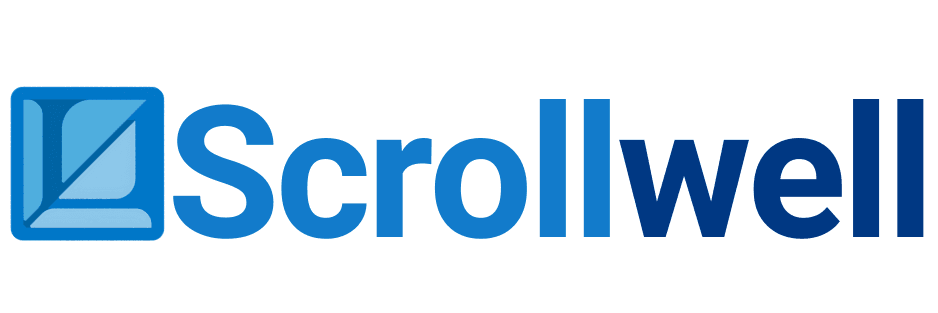Free FDP: A Complete Guide for Faculty Development
Faculty Development Programs (FDPs) are essential training initiatives designed to enhance the teaching, research, and professional skills of educators in higher education. In India, FDPs are recognized by organizations such as AICTE, UGC, and NPTEL, and they play a crucial role in helping faculty members stay updated with the latest teaching methodologies, research tools, and digital technologies.
A Free FDP refers to faculty development programs that are offered without any registration or participation fee. These programs are often sponsored by government bodies, universities, or educational organizations with the objective of improving the overall quality of teaching and research in higher education.
Importance of Free FDP
Free FDPs are important for faculty members for several reasons. Firstly, they provide access to professional training without financial barriers. Many faculty members work in institutions with limited funding, and free FDPs ensure that they can still participate in structured learning. Secondly, FDPs help educators improve their teaching pedagogy, making their classrooms more engaging and outcome-driven. Thirdly, participation in FDPs often contributes to career advancement, as certificates from recognized programs are valid for promotions and the Career Advancement Scheme (CAS).
Benefits of Attending Free FDP
Faculty members who participate in free FDPs gain multiple benefits:
- Certification: Most FDPs provide certificates that are useful for academic records, promotions, and institutional recognition.
- Skill Development: Sessions focus on areas such as digital tools, AI, research methodology, academic writing, and classroom innovation.
- Research Growth: FDPs introduce faculty members to modern research tools, statistical software, and referencing systems, improving the quality of their research output.
- Curriculum Alignment: FDPs help educators align their teaching practices with the latest frameworks such as NEP 2020 and Outcome-Based Education (OBE).
- Networking: These programs create opportunities to connect with experts and peers across different disciplines and institutions.
Common Themes in Free FDPs
Free FDPs cover a wide range of topics to address the diverse needs of faculty. Some of the most common themes include:
| Theme/Area | Skills Covered |
|---|---|
| Digital Pedagogy | Online teaching, Google Classroom, LMS tools |
| Artificial Intelligence | Applications of AI in teaching and research |
| Research Methodology | Data analysis, SPSS, R, Python, qualitative methods |
| Academic Writing | Referencing tools, plagiarism checkers, journal writing |
| Curriculum Development | Outcome-Based Education, NEP 2020, assessment design |
| Emerging Technologies | Use of AR/VR, cloud tools, and digital resources |
Eligibility to Attend Free FDPs
Most free FDPs are open to:
- Faculty members from colleges, universities, and professional institutions.
- Research scholars and Ph.D. candidates.
- Early-career educators who want to strengthen their digital and research skills.
Since these programs are often sponsored or supported by educational bodies, the eligibility criteria are kept flexible to allow maximum participation.
Why Free FDPs Matter in 2025
As higher education continues to adapt to digital transformation and the New Education Policy (NEP 2020), faculty members are expected to constantly upgrade their teaching and research skills. Free FDPs in 2025 are likely to focus even more on advanced digital tools, artificial intelligence in education, and innovative research methodologies. They will also emphasize interdisciplinary approaches and encourage educators to collaborate on projects that align with global standards.
In addition, with the rise of online learning platforms, free FDPs have become more accessible to faculty across India. Educators can now attend high-quality sessions from their own homes, eliminating the need for travel and accommodation.
Conclusion
Free FDPs represent an excellent opportunity for faculty members to enhance their skills without financial burden. They provide training in digital pedagogy, research methodologies, curriculum design, and emerging technologies, all of which are essential for the evolving education sector. With recognized certification, structured learning modules, and opportunities for networking, free FDPs ensure that educators are well-prepared to meet the demands of modern classrooms and research environments.
For faculty aiming to stay relevant and future-ready, participating in free FDPs is not just an option but a necessity.


